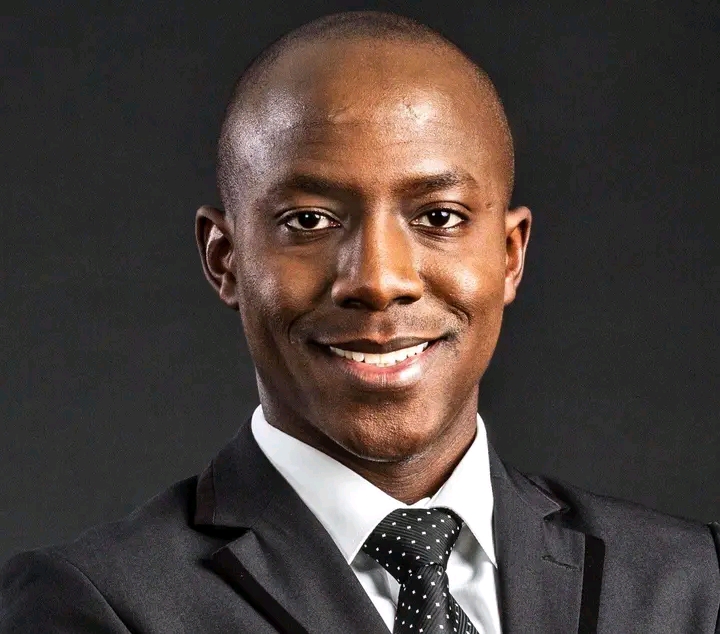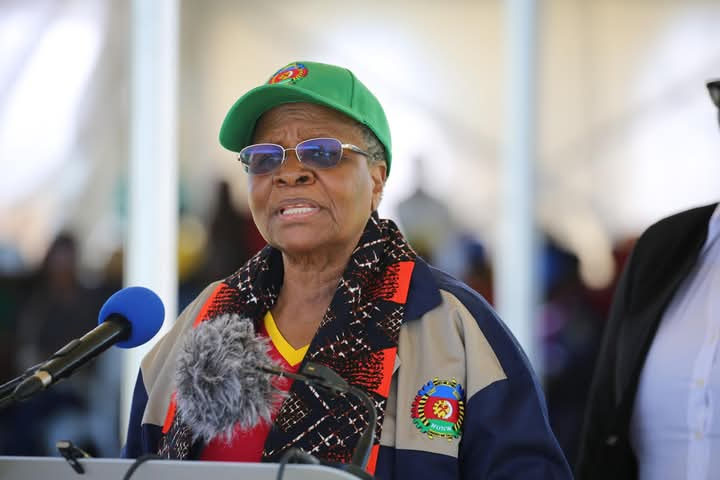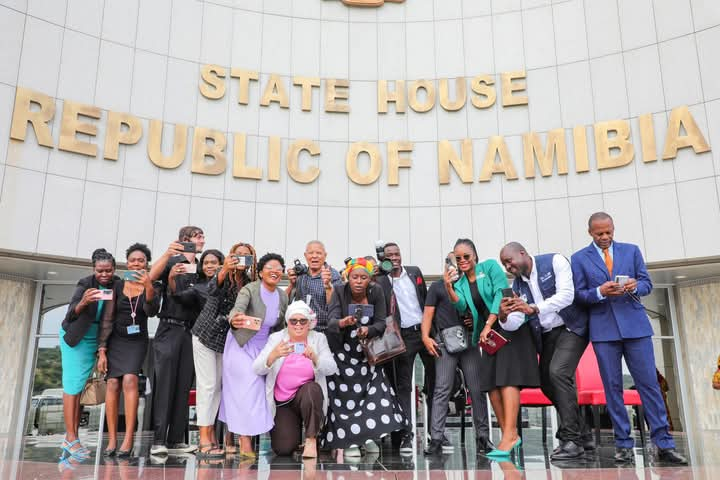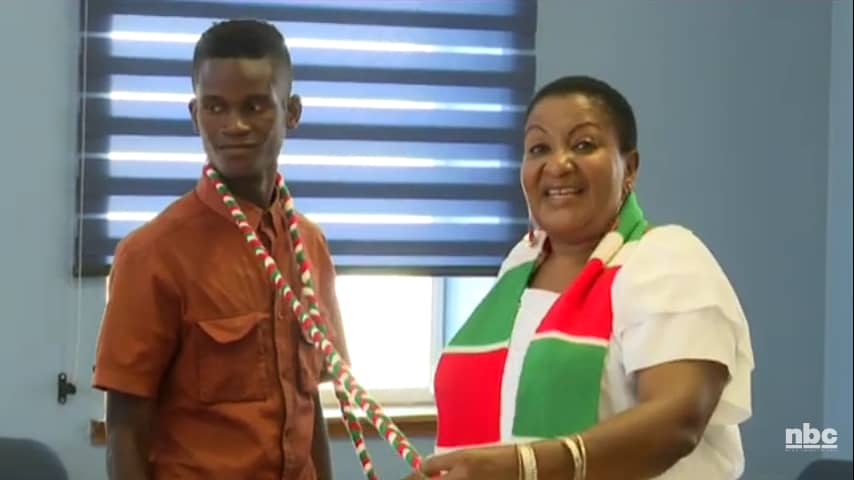THE central banks of the Southern African Development Community (SADC) are setting up systems that will ultimately result in a single payment and settlement system for the 15-state region, according to South African Reserve Bank national payment system department head Dave Mitchell.
The region includes Angola, Botswana, the Democratic Republic of Congo (DRC), Lesotho, Madagascar, Malawi, Mauritius, Mozambique, Namibia, the Seychelles, South Africa, Swaziland, Tanzania, Zambia and Zimbabwe.
Mitchell reported that 12 of the 15 states had implemented gross real-time settlement systems, which meant that they had the means to conduct immediate electronic settlements.
Three countries had not achieved this level of service: the Seychelles, Madagascar and the DRC, where a largely unbanked population conducted mostly cash transactions.
Speaking after a conference on national payment and settlement systems, organised by the World Bank in Cape Town on Thursday, Mitchell said the SADC was working to mirror the EU’s economic integration model, which would include, ultimately, one central bank, one multinational payment and settlement system and one currency. He could not provide time frames for all these goals and emphasised that he could not talk on behalf of the SADC.
He said the cost of banking transactions was often abnormally high as a result of high banking fees, a multiplicity of banking regimes and foreign exchange fees imposed by the various countries.
Mitchell said that in some states the speed of transactions had improved dramatically.
In some cases it took nearly a month to clear a cheque but in South Africa this was now conducted in real time.
Payment systems include not only clearing cheques and electronic and card transactions between banks but also the entire payment process, including final settlement between banks at the central bank.
Macroeconomic targets and exchange control regulatory convergence ‘cannot happen overnight’, Mitchell said. However, it was envisaged that there would be one central bank for the region ‘in 10 years’.
The banks were working on reducing the costs of remittances – payments to family and friends from workers who were working outside their countries.
Massimo Cirasino, who heads the World Bank’s payment systems development group, said it could cost up to about N$450 to make a transfer to another SADC country from South Africa. This forced people to send cash with taxi drivers.
-Business Report
Stay informed with The Namibian – your source for credible journalism. Get in-depth reporting and opinions for
only N$85 a month. Invest in journalism, invest in democracy –
Subscribe Now!










